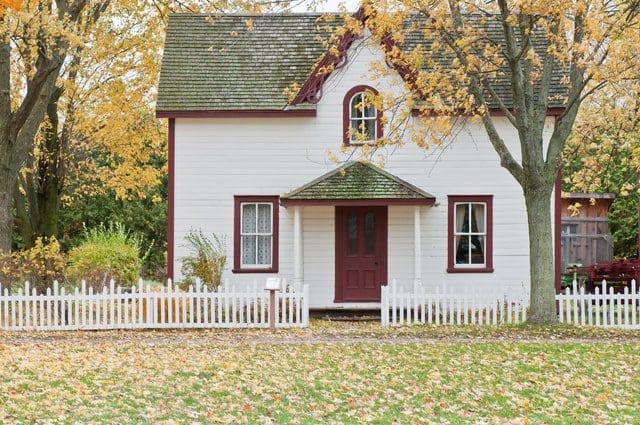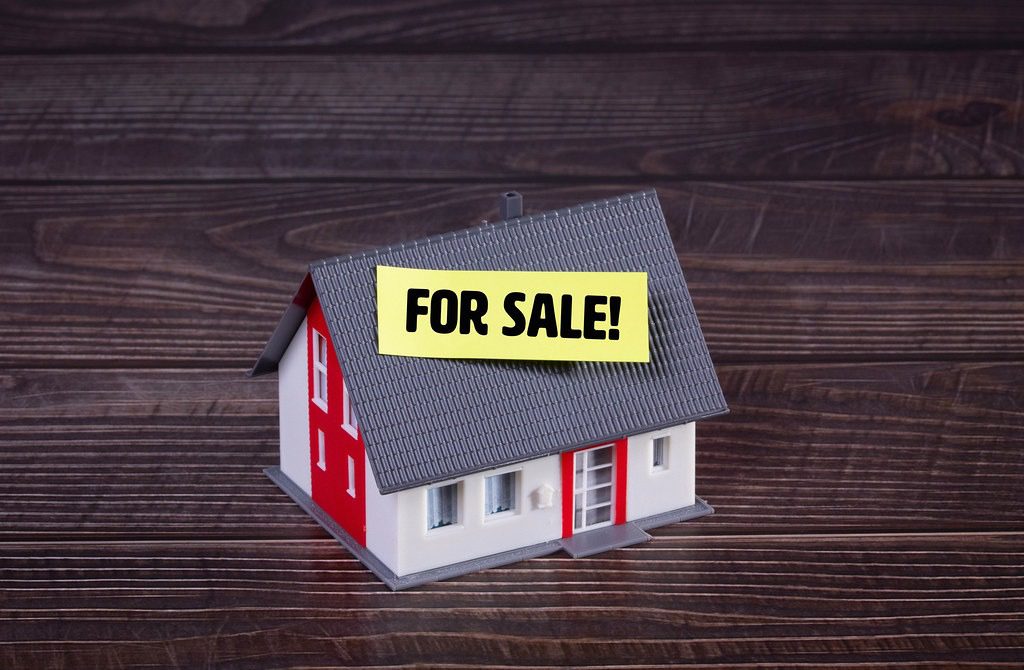Are you looking to sell your house in Tennessee? If so, it’s important to take the time to plan and prepare your home for sale. This blog post will discuss some of the most important things to keep in mind when preparing your house for sale. We will also provide some useful tips to help you get the best return on your investment.
Table of Contents
Marketing Your House
Effective marketing is critical to successfully selling your home no matter where you live. Today’s digital world means making sure your property has a strong online presence. By running a “we buy houses” offer in Knoxville, TN, and other targeted online ads, you can reach many potential buyers quickly and easily. With the help of an experienced real estate agent, you can develop an effective marketing strategy that will help you sell your home fast and for top dollar. If you’re not sure where to start, contact a reputable agent in your area for more information.
Start by taking high-quality photos or even hiring a professional photographer. Then, create a listing on a reputable real estate website like Zillow or Trulia. Include as many details as possible, such as square footage, number of bedrooms and bathrooms, and any special features or amenities your home offers. Finally, don’t forget to spread the word offline too. Tell your friends, family, and neighbors that you’re selling and direct them to your online listing.
Staging A House
When you sell your house, it is important to make sure that it is presentable to potential buyers. This means decluttering and making sure that the space appears clean and inviting. One way to do this is to stage your house. Staging a house involves setting up the space in a way that is appealing and uses the best features of the house. It can be helpful to hire a professional stager, but if you are on a budget, you can do it yourself. Start by decluttering each room and getting rid of any personal items or items that are not essential. Once the clutter is gone, you can start to arrange the furniture in a way that is both aesthetically pleasing and functional. For example, in the living room, you might want to create a conversation area by grouping a couch and some chairs. You might want to clear off the countertops in the kitchen and make sure that the appliances are sparkling. In the bedrooms, you should make sure that the beds are made, and there are no clothes or personal items visible.
Pricing Your House
You’ll want to price your home correctly from the start. You’ll miss out on potential profits if you price it too low. If you price it too high, it will sit on the market and eventually drop in value. The best way to find a fair asking price is to have your home appraised by a professional. They will be able to give you an accurate estimate of what your home is worth based on comparable homes in the area.
Another option is to use a real estate agent. They will also be able to help you determine a fair asking price for your home. In addition, they will have access to marketing tools that can help you reach more buyers.
Negotiating The Sale
The next step is to negotiate the sale with the potential buyer. Remember that you control the situation and don’t let the buyer take advantage of you. Be firm and honest with your pricing, but be open to negotiating a fair price for both parties. Once you’ve agreed on a price, it’s time to sign the contract. Make sure you read and understand the contract before signing anything. If there are any clauses or terms that you’re not comfortable with, be sure to have them amended before moving forward. Once both parties have signed the contract, the sale is final, and you can start packing your bags.
Closing The Sale
The sale of your home is not complete until the closing has taken place. The closing is when the title to the property is transferred from the seller to the buyer, and all funds have been exchanged. It’s important to be present at the closing so that you can answer any questions that may come up. You’ll also want to make sure that everything goes smoothly and according to plan.
Once the closing has been completed, you will no longer be responsible for the property. The new owner will take overall responsibility for taxes, insurance, and maintenance. Be sure to remove all of your personal belongings from the premises before handing over the keys.
After The Sale
After you’ve officially sold your house, you still need to take care of a few things. First, you’ll need to cancel your home insurance policy and transfer any existing warranties to the new homeowners. To cancel your utilities, you’ll need to contact the service providers and let them know of the change in ownership. You may also need to file a final tax return if you sold your house for a profit. Warranties and home insurance can all be transferred to the new homeowners with the right paperwork.
When you’re ready to move out, be sure to leave your contact information with the new homeowners if they have any questions or need to get in touch with you. It’s also a good idea to forward your mail to your new address to avoid missing any important correspondence. Now that you’ve sold your house, it’s time to plan your next move. Whether you’re moving across town or the country, give yourself plenty of time to plan and pack. With a little bit of preparation, you can make your move as stress-free as possible.

Now that you know the basics of selling a house in Tennessee, you can plan your sale. With careful preparation and execution, you can maximize your chances of success. Remember to consult with experts along the way to ensure a smooth transaction. Good luck!
Featured Image House with yellow For Sale sticker by Marco Verch under Creative Commons 2.0




